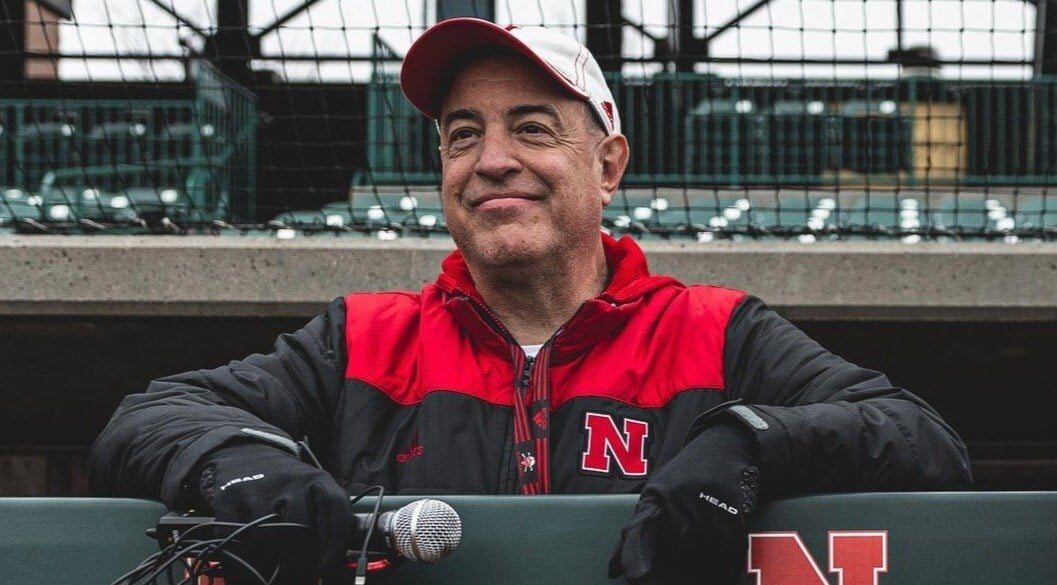When I was a little boy I was part of a boy's program at our church that always held a fall campout for the boys and their dads. It being Nebraska, the campout could absolutely not be scheduled the weekend of a Husker home game. Really it was best if it could be on a bye week. But sometimes that wasn't possible and we'd settle for doing it the weekend of an away game.
Login to read more
Sign in or create a free account to access Subscriber-only content.
Topics:
